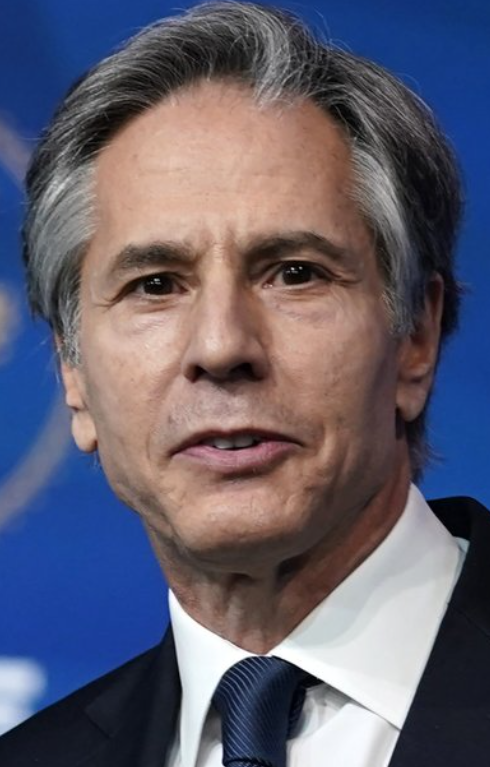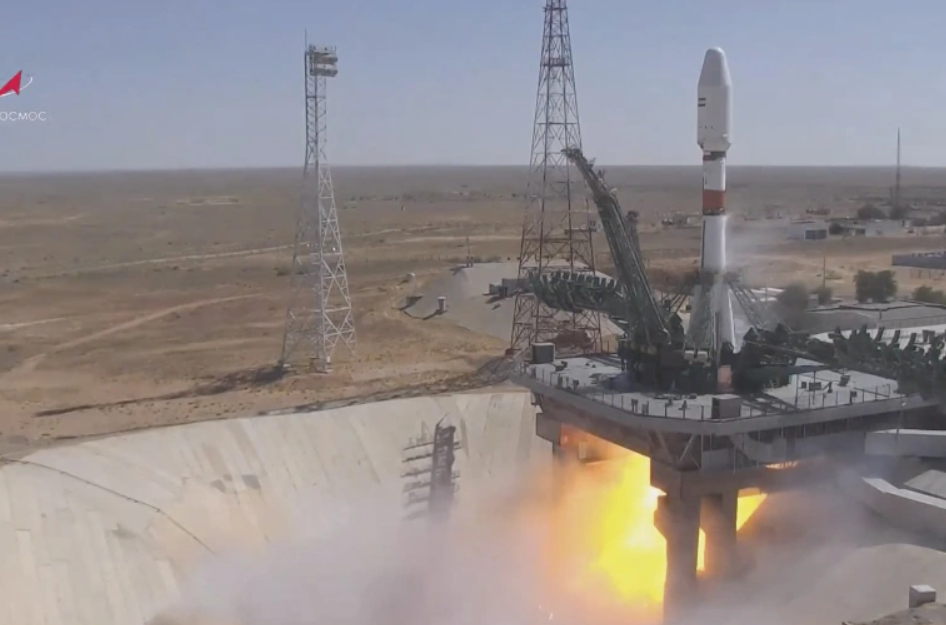September 23, 2022
by Warren L. Nelson

The nuclear negotiations with Iran have been in limbo for two months. They are now even going “backwards,” according to US Secretary of State Antony Blinken. And that seems an apt description as President Raisi has resurrected a demand the Islamic Republic had dropped in August.
Blinken said September 9, “The latest response [from Iran] takes us backwards.” The day before that, the White House said President Biden had ordered his Administration to plan new “options” to be taken, if the nuclear talks remain stymied, to prevent Iran ever getting a nuclear weapon.
Raisi has insisted repeatedly since mid-September that the United States must provide a solid guarantee that it will never again withdraw from the Joint Comprehensive Plan of Action (JCPOA) if it is revived. Iran had previously dropped that demand, with Iranian officials saying on state broadcasting that they understood no American president could commit his successors to anything.
Actually, no political leader anywhere in the world including Iran can commit successors to any policy.
Iran is also continuing to insist that the International Atomic Energy Agency (IAEA) close its file on past Iranian nuclear work. The IAEA has said it will not do that. And thus far no country not even Russia or China has supported Iran.
With these two Iranian demands an ironclad US guarantee not to leave a revived JCPOA in the future and insistence that the IAEA close its file on past Iranian nuclear work there is no route to reviving the JCPOA. Some observers think Iran is coming down hard on these two demands as a way of blocking revival of the JCPOA, which is what hardliners in Iran want.
The Iranian government insists, however, that it wants to return to the JCPOA and repeats endlessly that the Americans and the Europeans are undermining any future deal.
In an interview with CBS News broadcast September 19, Raisi said, “We cannot trust the Americans because of the behavior we have already seen from them. That is why, if there is no guarantee, there is no trust.” But he didn’t explain how he could trust a guarantee from the Biden Administration, which cannot constitutionally make such a guarantee which is why many observers think Raisi is actually trying to scuttle the deal.
Some argued that neither Tehran nor Washington wants a deal anymore but that neither wants to be tabbed as the deal-breaker and so try to create conditions that would prompt the other to walk away. If that view is correct, the talks are just likely to remain frozen, as they have been for the last two months, with no action in the future.
Henry Rome, the deputy head of research for the Eurasia Group, said, “There’s a reluctance on both sides to declare the approach over the last 18 months has failed. And so, we are stuck in a bit of a limbo period, where neither side is moving decisively towards the finish line, but also no one wants to call it quits.”
Others surmise that Iran wants to drag out the talks until the winter, thinking that a Europe deprived of Russian oil will come begging Iran to provide oil. But industry analysts say what Europe will need this winter is natural gas to heat its houses and that Iran has no way to export natural gas to Europe. Iran has no pipelines reaching Europe and it has no facilities to liquefy gas so it can be shipped by tanker to Europe.
As for the IAEA, Director General Rafael Grossi has been blunt about Iran and long ago stopped using diplomatic flattery. In mid-September, he told the IAEA Board of Governors, “Iran has not engaged with the Agency…. None of the outstanding issues have been resolved.” He later told the media, “They [Iran] accuse [the IAEA] of politicizing. This is very straightforward. We found traces of uranium in places that were never declared [as nuclear worksites], that were never supposed to have any nuclear activity. We are asking questions. Explain to me why this is political activity.”
The Europeans Britain, France, Germany and the EU have said repeatedly that there will be no better offer than what the EU tabled in August, so Iran had better take it. They laugh at the idea of guarantees and they strongly oppose telling the IAEA to stop its demands for answers.
Iran says that the EU actually closed the file on Iran’s past nuclear work years ago. But what the IAEA actually said then was that, if Iran finally answered its questions fully, it would then be able to close the file. It subsequently said that Iran’s answers were unsatisfactory.























